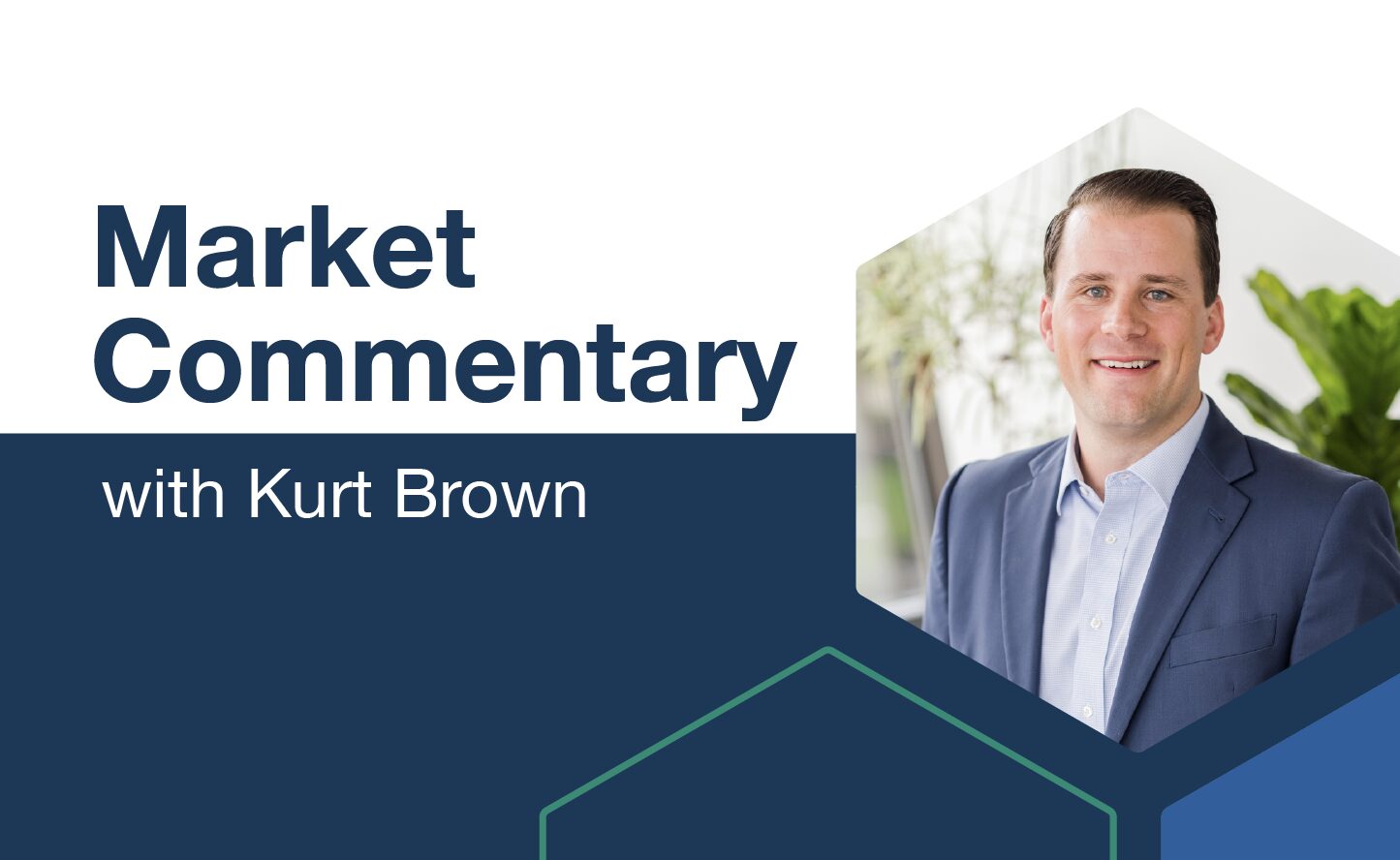The Transfer of Wealth: Paying good money for biased financial advice
Originally published in Columbus CEO magazine on December 1, 2019
From products to fee structures, you should be skeptical.
Trust, but verify. An ideological concept that became internationally known during the Cold War. If only more clients embraced this concept when it comes to their relationship with a financial advisor. Sadly, this is not the case and thus, we still routinely see trusting people who implemented biased advice and now are putting their financial future at risk.
Here are 5 things to keep in mind when seeking sound financial advice.
If you don’t understand it, don’t buy it!
We regularly have prospective clients come to our office and tell us about an investment that is complex, they know very little about it, and can only recite some fragmented lines from the grand sales pitch that was used to (ultimately) transfer their wealth to a product company and salesperson. If it sounds too good to be true, it probably is. Here’s looking at you cash value life insurance, complex variable or equity-indexed annuities, and many illiquid private placement investments.
Transparency and liquidity are the hallmarks of a good investment.
Transparency creates trust as it allows us to have clarity related to our investment dollars. Too often, headlines are littered with folks who lost their hard-earned money in an investment they didn’t understand (see previous paragraph). Liquidity provides the flexibility to deal with life’s uncertainties. If the investment is illiquid by design, you need to anticipate that it will not be available in an emergency. If you do not have ample liquid capital to deal with emergencies, avoid products with surrender charges or lock-up periods.
Not all fiduciaries are created equal.
Many advisors are by definition able to call themselves fiduciaries, but are they one who truly puts their client’s interests ahead of their own? Do they have a financial risk (loss of revenue) if you move money from an investment account to pay down debt? Do they get paid more if you invest more? An actual fiduciary goes beyond the definition; they embrace it in their fee structure.
Fees based on assets under management are not much different than a commission.
Yes, the SEC says that if your advisor charges a fee for the assets they manage, they are deemed to be a fee-based or fee-only advisor. They further require fee-only advisors to put your interests ahead of their own. Yet the more you invest, the more they are compensated. The less you invest, the less they are compensated. Can someone explain the difference between that and a commission?
Wealth management services should enhance your wealth, not the advisor’s.
A good advisor will be fairly compensated for sound advice and the peace of mind that accompanies it, but not simply because your investment balances grow through disciplined savings and long-term market trends. That’s why at PDS we have embraced a flat, fixed-fee pricing structure that is stated in dollars, not seemingly marginal percentages. Your advisor owes you a similar level of fiduciary care. Trust, but verify.
Click the following link to view the original article at Columbus CEO:
Please remember that past performance may not be indicative of future results. Different types of investments involve varying degrees of risk, and there can be no assurance that any specific investment, strategy, or product or any non-investment related content, made reference to directly or indirectly in this newsletter, will be suitable for your individual situation, or prove successful. This material is distributed by PDS Planning, Inc. and is for information purposes only. Although information has been obtained from and is based upon sources PDS Planning believes to be reliable, we do not guarantee its accuracy. It is provided with the understanding that no fiduciary relationship exists because of this report. Opinions expressed in this report are not necessarily the opinions of PDS Planning and are subject to change without notice. PDS Planning assumes no liability for the interpretation or use of this report. Consultation with a qualified investment advisor is recommended prior to executing any investment strategy. No portion of this publication should be construed as legal or accounting advice. If you are a client of PDS Planning, please remember to contact PDS Planning, Inc., in writing, if there are any changes in your personal/financial situation or investment objectives. All rights reserved.



